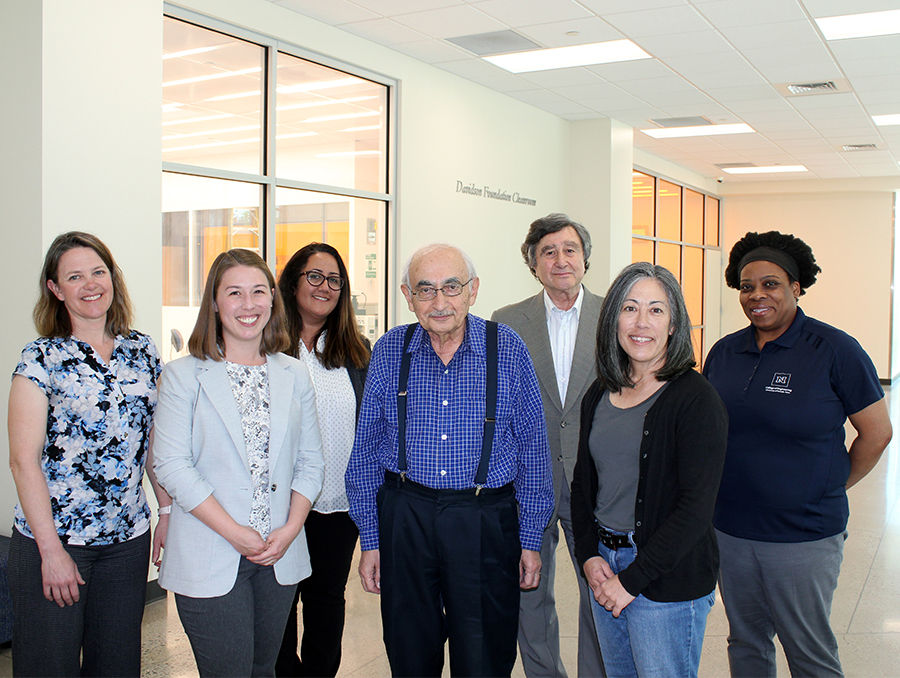According to northern Nevada business leaders, economic conditions have not changed significantly over the past six months, but local business leaders did weigh in on some hot topics regarding Nevada’s economy, issues affecting business and the state’s budget crisis in the Sierra Region Economic Outlook 2010 Mid-Year Business Survey sponsored by the Center for Regional Studies in the University of Nevada, Reno College of Business.
A quick look at the answers given July 7 to Aug. 2 this year, mostly by business owners, presidents/CEOs, managers/directors, executives, partners or government leaders, shows little change in their overall outlook from six months ago, when the University completed the last survey:
- In the recent mid-year survey, 62.4% of respondents rated the overall economic conditions in the Sierra Region as poor or very poor. At the end of 2009, 64.9% rated our economic conditions as poor or very poor.
- While 30.5% of respondents expected the overall economic conditions in the area to improve in the next 12 months at the end of 2009, 23.3% expected conditions to improve mid-year 2010.
- Fifty percent of respondents said overall economic conditions had improved or remained the same compared to a year ago; in the 2009 end-of-year survey, 43.7% said the conditions had improved or remained the same.
“There is nothing very surprising about these results,” said University of Nevada, Reno College of Business Dean Greg Mosier, although he noted some sectors were clearly feeling fewer constraints than others.
Notably, the retail sector and the education, health and social services sector gave generally more positive responses than the construction sector and the finance, insurance, and real estate sector:
- In the retail sector, 55.3% of respondents rated the overall economic conditions of the area as fair, good or very good, and 51% of the education, health and social services sector rated the conditions fair, good or very good. In the construction sector, 12.5% rated the overall economic conditions of the area as fair, good or very good, and in the finance, insurance, and real estate sector, 29.5% gave these ratings.
- The education, health and social services sector and retail sector also had the highest expectations for the next 12 months, with 86% of the former expecting the area’s economic conditions to improve or stay the same, and 73.7% of the latter sharing these expectations. Conversely, only 55.6% of the construction sector shared these expectations.
New to the survey, which has been conducted since 2004, was a section of questions on hot topics such as tax reform, immigration and the state budget crisis. Some interesting results from this section include:
- Taxes/tax reform – The majority of respondents (78%) supported some type of change to Nevada’s current tax structure. About one out of three respondents (34%) indicated that they would like Nevada to reduce taxes with a commensurate reduction in services. About 28% indicated that sales taxes need to be broadened to include more industries while maintaining the sales tax rate, while 13% wanted sales taxes to be broadened to include more industries while lessening the sales tax rate. Twenty-eight percent of respondents indicated that Nevada needs to increase taxes paid by mining. One out of five respondents indicated that no changes to Nevada’s current tax structure were needed. There was minimal support for Nevada implementing a corporate income tax (6%) or a personal income tax (6%).
- Immigration – Over half of the respondents (58%) support having a structured path of citizenship for illegal immigrants who meet certain criteria, and another 3% support having a structured path of citizenship for all illegal immigrants, regardless of qualifications. Less than one-third (28%) support returning all illegal immigrants to their countries of origin.
- Messages for the 76th Nevada Legislative Session – The top five responses included cut/stop spending (25.0%), change tax structure (13.0%), balance the budget/live within our means (9.6%), work cooperatively together (9.1%), and support education (8.6%).
This mid-year survey garnered more responses than any of the past surveys did, with 689 individual survey responses collected. Over two-thirds (69%) of respondents listed Washoe County as their principle place of business. Other counties represented in the survey included Carson City, Churchill County, Douglas County, Lyon County, and Storey County. A wide cross-section of businesses participated, ranging from those with zero to four employees, to those with 1,000+ employees.
Mosier says the Center for Regional Studies in the University’s College of Business will continue to conduct the survey in partnership with InfoSearch International at least annually. Due to the current economic conditions and the upcoming legislative session, he said it was important to conduct a mid-year survey now, as well as conduct the annual survey next January.
“The College of Business Center for Regional Studies collects data on a regular basis that is industry and area-specific,” he said. “In turn, we make that information available to the public and decision-makers. Our business, community and state leaders need access to a wide variety of this type of information that we offer to help them make sound business and economic decisions.”
The survey results are available free of charge. For more information, call Mosier, (775) 784-4912; or Brian Bonnenfant, project manager of the Center for Regional Studies in the College of Business at the University of Nevada, Reno, (775) 784-1771.











